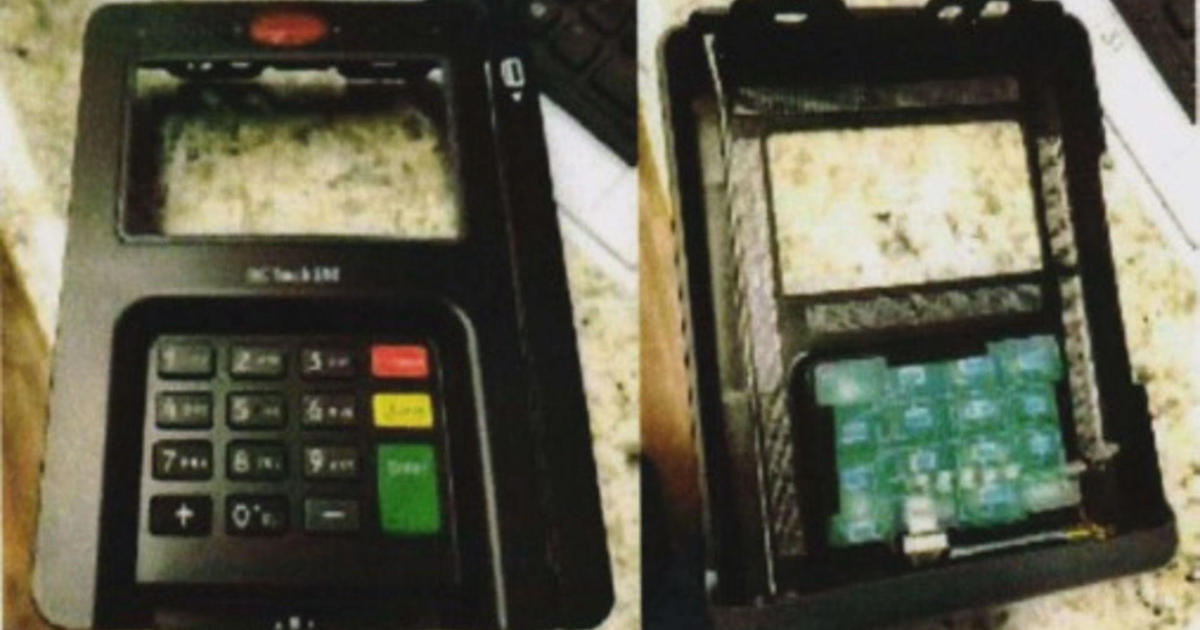Kids & Cash: Credit Cards
BOSTON (CBS) - College students are graduating with more than a diploma these days. According to a survey by Sallie Mae, they have accumulated on average over $4,000 of credit card debt.
This is not debt because of tuition or books, but debt due to the late night pizza runs, the concerts and the clothes.
Eighty-four percent of undergraduates hold at least one credit card, and half have at least four cards and most (82%) maintain a balance thus incurring finance charges each month. Add that to the average school loan debt of $25,000 and you have a kid who is on the brink of disaster.
Credit card companies can no longer easily sign a kid up for a credit card. If the student is under 21 they will need someone to co-sign the card or prove they have an income stream to pay their bills. Kids are still getting the hard sell and the focus is on getting mom and dad to co-sign. And they succumb, 20% of 18-year-olds hold four or more credit cards.
Here in Massachusetts, our state treasurer, Steve Grossman, is promoting an educational program, Caution with Credit for college age kids. The material is also appropriate for high school kids as well. Use the material to start a conversation with your kids.
According to Teenage Research Unlimited, a teen marketing research firm, more students drop out of college due to debt than for academic reasons.
So just like the SEX lecture you need to sit your kids down and talk to them about CREDIT.
Here are some of the basics to cover:
- Credit is not "free" money and it must be paid back.
- Credit costs money; the credit card companies make money by charging the retailer a fee to participate,
- They charge you a fee for your card
- They charge you interest if the card is not paid in full every month
- They charge you a fee if your payment is late.
- Pay off the credit card bill in full each month. Paying only the minimum can drag payments out for many many years. So buy only what you can afford to pay for that month.
- A bad credit report will follow you everywhere. A potential landlord or employer as well as lenders have access to your credit report. Poor credit can mess up renting a place or getting a new job as well as costing you a higher car insurance rate.
- Pay your bills on time, within the grace period. Late fees are expensive, average $39.
- To establish a credit history, one doesn't need four cards, one will do.
- Understand your credit score and check your credit history. www.myfico.com has lots of good information along with www.bankrate.com. You can get a free credit history annually at www.annualcreditreport.com
- Debit cards may be a good training card for teens; they can only spend what's in the account and no more! www.allowcard.com
One more thing: Check out this Dad's surprise when he read the fine print of a credit card his kid wanted.



